Innocence is lost when we normalize the idea of sexualizing children.
Kids are the epitome of what we would define as “cute” or “adorable.” We get excited over babbling toddlers when they smile or drool or say their first words.
We tease little kids for having their first crush, seeing it as innocent puppy- dog love, something I’m sure we could all relate to. All of us probably have that little kid or have known a young child that we can relate to when times were much easier, before we became college-aged. An innocent age where “sexy” was a taboo word where we’d burst into laughter. It was ridiculous even.
All we looked forward to was the day we finally wouldn’t look like we were “little kids,” where we could be taken seriously and not seen as annoyances. However, I’m sure we’ve now gotten a severe reality check.
Now, looking young is considered one of biggest advantages in American society. Mass media advertises brands such as Dove and Neutrogena as “youth- defining” for preserving flawless skin.
I can understand the perception that “youth” is a socially-constructed advantage that grants likability and attraction. However, there needs to be a more defined line when it comes to noticing the attractiveness of young men and women in early adulthood like myself, and children that are as old as your little siblings.
The Issue
Sexualizing minors has become a concept that doesn’t fault the accusers. Instead, children receive the consequences.
In April 2017, an unnamed 12-year-old girl was removed from the middle of her chess match in Malaysia because her knee length dress was “too seductive.”
In far more intense cases, the line is crossed. Instead of sexualizing a child’s clothing and perceiving them in an inappropriate light, some perpetrators further this horrible concept beyond just words.
In 2004, 16-year-old Cyntoia Brown was tried as an adult after being forced into prostitution, put into a situation in which she feared for her life with a client who had implied he had the means of hurting her with firearms. She shot and killed him with a gun given to her by her pimp, and was tried as a murderer because she had fled with his wallet and guns. At 27-years-old, Brown won’t be eligible for parole until she is 69.
Brown was seen as a sexual object before she was even a legal adult and she was thrown into one of the darkest industries that is not safe for both adults or children. And the young chess player was removed from a focused game because she was perceived as expressing sexuality.
In both situations, perpetrating parties have not received a penalty as harsh as the victims. In fact, the perpetrators are seen as the victims because they blur the line between “child” and “adult” concepts.
In both situations, the child faced the consequences. The chess player lost her chance at competing, and wasn’t compensated for any of it. Brown, now an adult, did not have a proper support system and was forced into prostitution. The prosecution on the case was “okay” with Brown being sent to jail despite the fact she feared for her own life and had apparently acted in self defense.
This is part of the main issue: Sexualizing minors has been taken to an entirely new level. Not only are children as young as 12 and 13 years-old being punished for “inappropriate” clothing, perpetrators also throw sexual innuendos and jokes towards children. In Brown’s case, sexualizing minors also became physical.
The Media
The subtle and not-so-subtle situations in which media platforms have taken advantage of young children are prominent in our culture.
Miley Cyrus, Disney Channel’s beloved “Hannah Montana” child-star, took our breath away when she rebelled against her good-girl country image with “Wrecking Ball” and her rambunctious twerk performance with Robin Thicke at the 2013 MTV VMA Awards.
In a 2017 interview with Harper’s Bazaar Magazine, she said, “It should be more shocking that when I was 11 or 12, I was put in full hair and makeup, a wig, and told what to wear by a group of mostly older men,” when people expressed their disbelief at how she was treated on set of “Hannah Montana.”
In more recent media, the Netflix phenomenon “Stranger Things’” opening week was met with controversial statements on the minor- heavy cast. Actress Millie Bobby Brown, 13, who plays Eleven on the show, was included on Spanish radio company Play Fhm’s list of “Why TV is Sexier Than Ever.” Brown was the only minor listed alongside adults.
Her co-star, Finn Wolfhard, 14, who plays Mike Wheeler, was also subject to an apparent flirtatious Instagram post from 27-year-old model Ali Michael. On her Instagram story, Michael said to Wolfhard, “Call me in four years.”
Wolfhard was asked in a viral video after exiting Los Angeles Airport about how he felt about Michael’s inappropriate comment.
“That was nuts. That was gross,” he responded.
Eventually Michael did issue an apology on her Instagram story, stating that she had meant it as a “harmless joke.”
The issue with Michael’s “harmless” joke, is that it would be unacceptable if it had come from a male model.
Sexualizing minors has become a concept that doesn’t fault the accusers. Instead, children receive the consequences.
No matter his reputation or good looks or “joking” matter, men are subject to harsher criticism when it comes to sexualizing children.
In response to Wolfhard, several Twitter users quoted the viral video stating that they would wish “that the four years went by quickly” or that they would want “someone as hot as Ali” to address their past fourteen-year-old selves.
It should be just as devastating when women sexualize minors as when a man does it.
It isn’t a one-sided issue, but a problem both sides keep attempting to blame on the other.
Although just one example of women completely jumping the line with a minor, this is a severe double standard.
The Schools
Now, sexualizing teens has become a subtle issue that is prevalent in nearly all educational establishments in America. Dress codes are heavily emphasized on young girls across the country.
In June 2017, Summer Bonds, an honor student who attended Hickory Ridge High School in Harrisburg, Pennsylvania, was suspended for an off the shoulder top.
Bonds was banned from the final week of her senior year, ruining her chances at multiple scholarships and graduation, despite covering up her shoulders with a jacket after being told the top was inappropriate.
Bonds was even isolated in the cafeteria where her principal had pointed out her inappropriate top, and was handcuffed by the security officer before she was led to the office to receive consequences. Bonds ended up still keeping her many scholarships and graduating, however, the experience left her shaken.
In March 2017, mother and author of “Ignore It,” Catherine Pearlman, wrote an intense letter to her 13-year-old daughter’s principal after her child was sent home two days in a row for breaking dress code. Pearlman’s daughter stood 5’7”, preferred band or superhero t-shirts, and was lanky.
Pearlman had continued frustration in purchasing clothing that fit her daughter, and in her letter, sarcastically invited her child’s principal to buy her shorts that wouldn’t break the dress code due to the child’s height.
Communication and diversity professor Brenda J. Allen gives numerous examples of how we are taught to differentiate the sexual manner between young girls and boys. In Allen’s book, “Difference Matters,” Allen states that “schools are primary arenas where we produce, reinforce and perpetuate gender ideologies.” Dress codes are regulations that mainly limit young girls, dictated by adults who perceive clothing as sexual or inappropriate.
At my middle school, we were not allowed to show our shoulders or bra straps, or wear tight dresses, crop tops, flip-flops or shorts less than two inches past our index and middle fingers. In sixth grade, my favorite English teacher marched me out the door of her class in front of everyone because I wore a green tank top with faux-lace straps.
Holding my elbow to ensure I didn’t escape her claws, she quietly said to me, “Ms. Lualhati, I know you know better than to show your shoulders like that. It is not reputable of a lady as young as you.”
I was then essentially shame-walked to the principal’s office, where I was forced to throw on a bright orange PE shirt. Safe to say, she wasn’t exactly my favorite teacher for the rest of the year.
Transitioning into high school, teachers said a proper dress code would ensure a better “future college experience.” The principal at my high school worshipped this concept. The dress code matched that of my middle school since they were in the same district.
My principal said, in a mass email sent to all parents, students, and faculty of Benicia, California: “Professors will be looking at you and thinking, ‘Well, they don’t care. So why should I?’ Caring about your appearance is as important as caring about your education.”
One of the most embarrassing moments was being sent home during PE in my sophomore year because my legs were considered “distracting” due to my running shorts.
The World
From a personal outlook, I’ve also experienced more overt sexualization as a minor. In my Instagram days, I would receive private messages asking for more revealing pictures than what I would publicly post.
My friends and I would be hanging out in the small-town streets of one of the cities I grew up in and we, at 12 years-old, would have to endure cat-calling from passing trucks.
These actions were all perpetuated by men, and some women, well into their late twenties and thirties.
To take into perspective how disgusting that is, my own parents are 34 and 36. Individuals literally my parents’ age were publicly voicing their unwanted sexual opinions about me, as if it was a compliment.
Children need to be taught that being sexualized isn’t a concept they should passively allow. It’s an ongoing issue that targets individuals, specifically minors, because it’s easy to do it. By not addressing the issue at hand, it will continue to be a passive aggressive situation that’s constantly underestimated. It isn’t a fragile or difficult issue to step up to: Unwanted sexual advances towards anyone, comments or actions, aren’t warranted against children or adults. However, the pressing issue against sexualizing minors continues and eradicating innocence isn’t a right that anyone has.


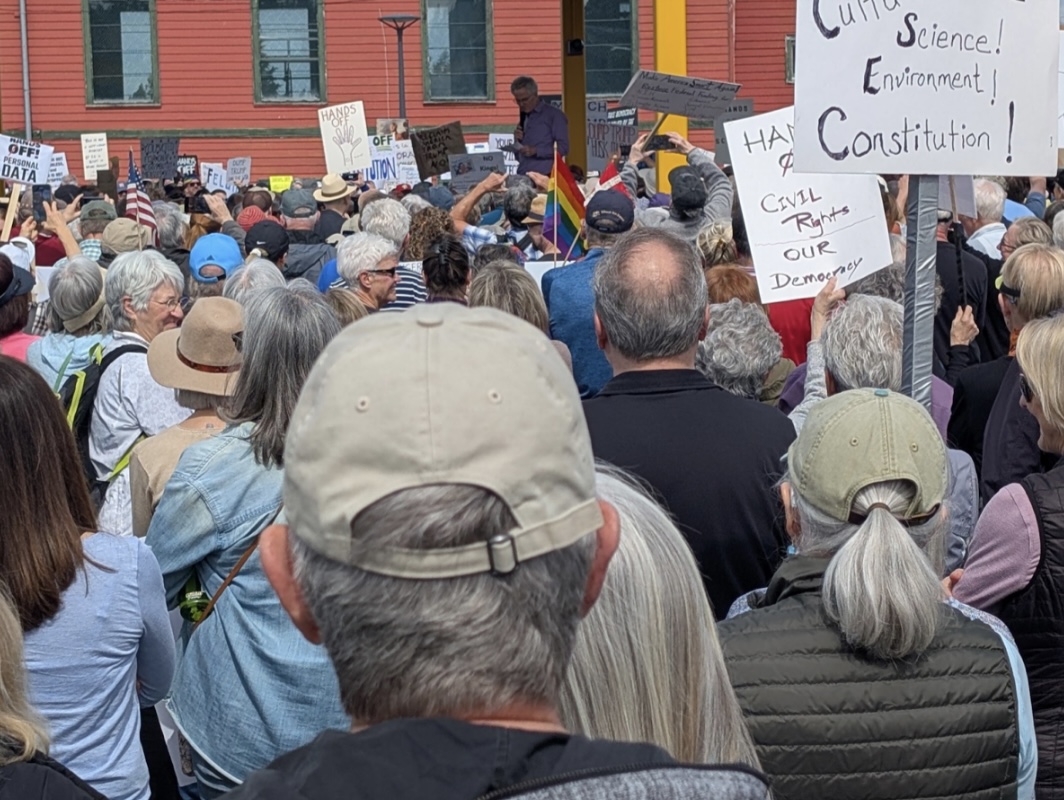


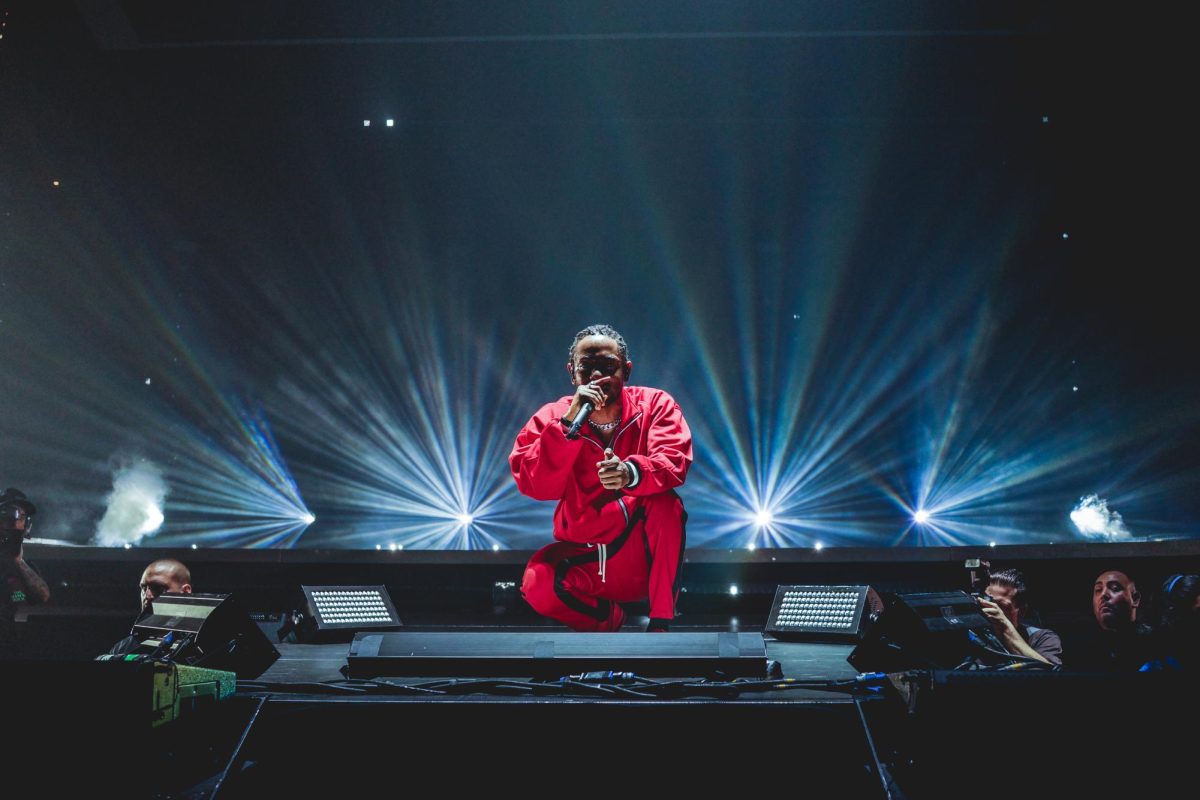

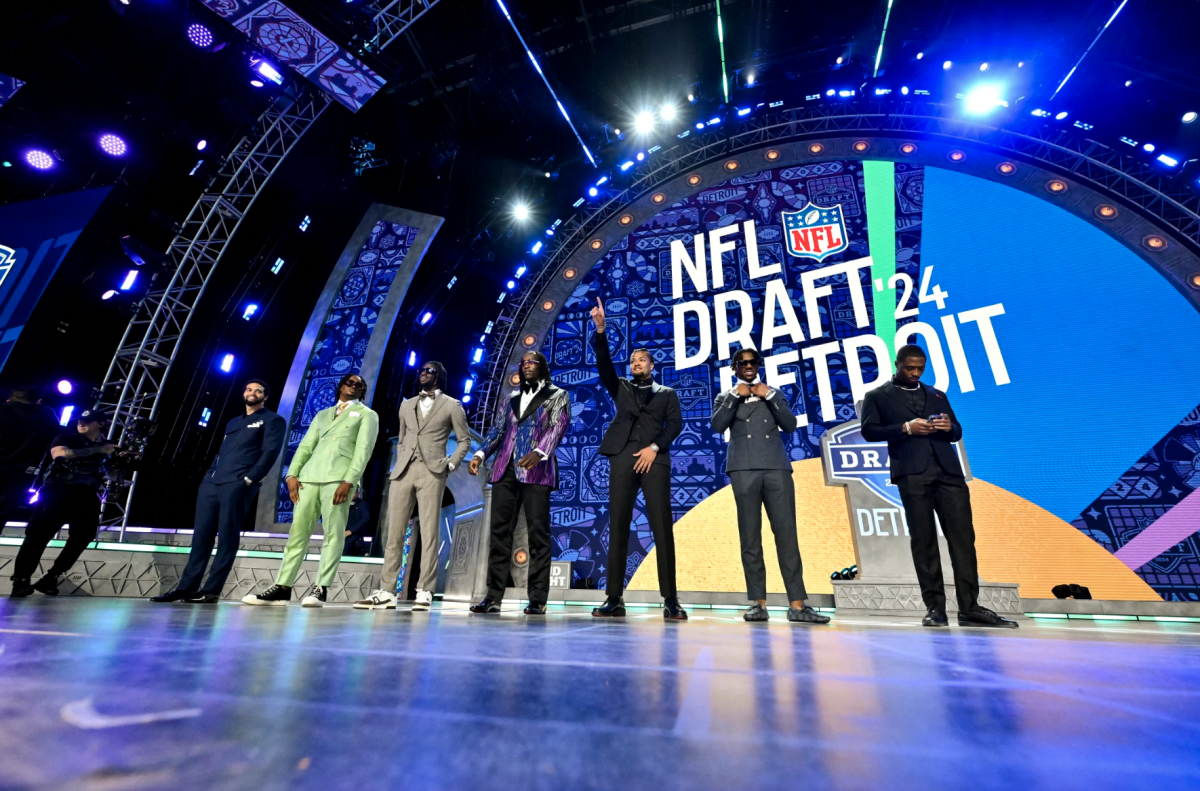
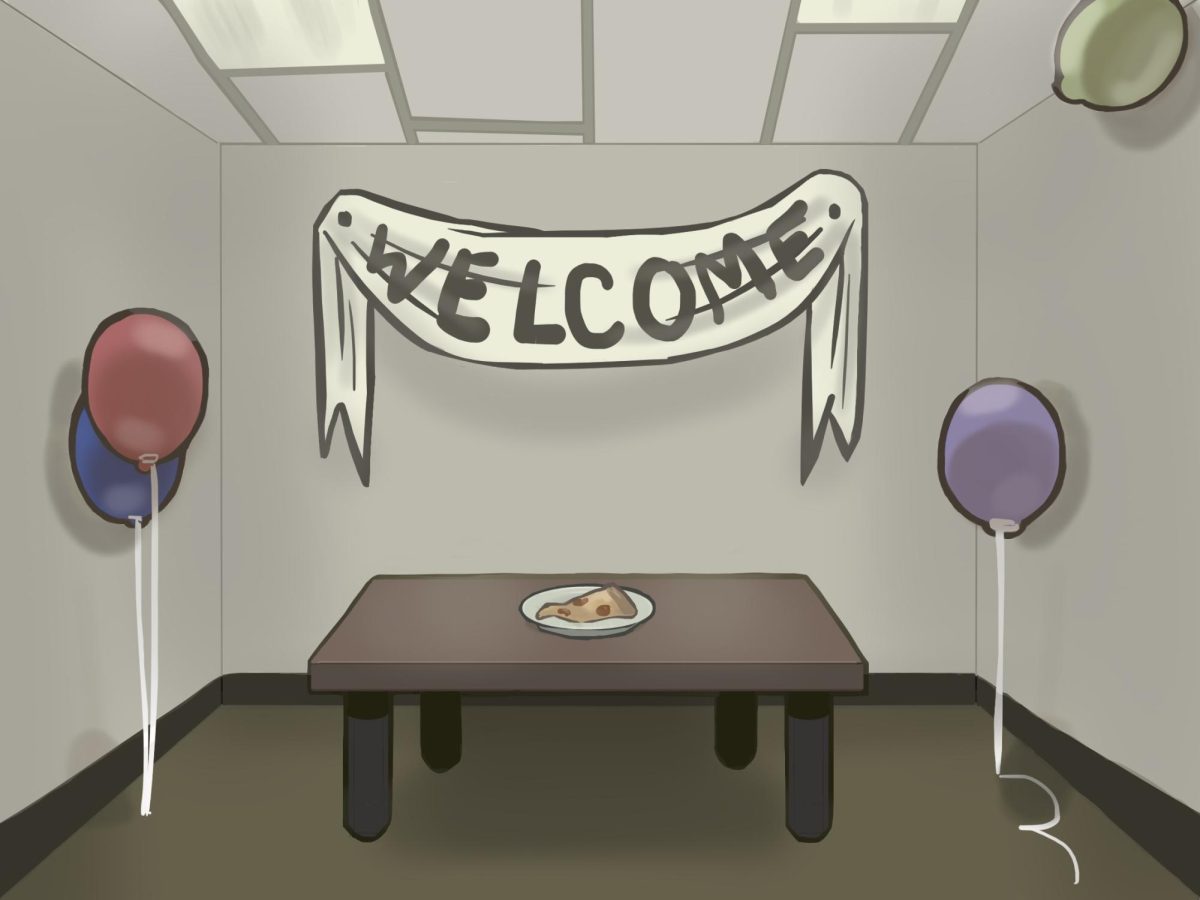

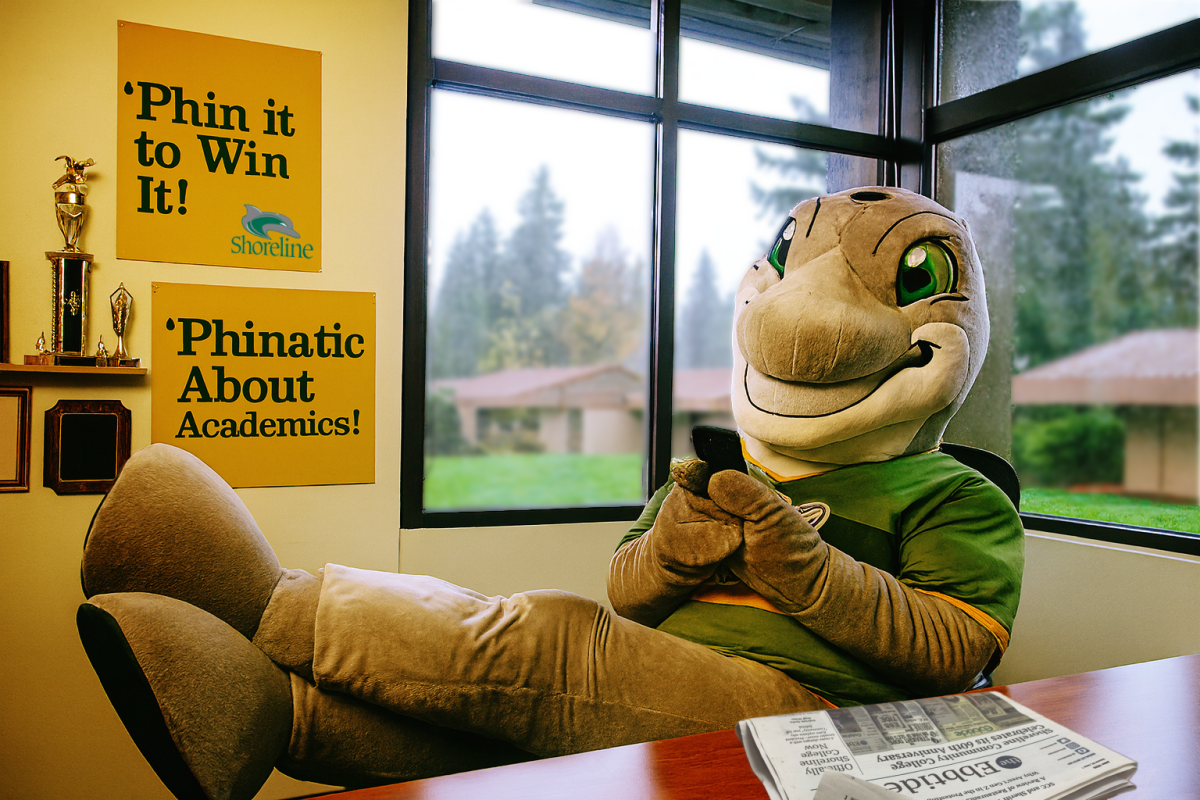

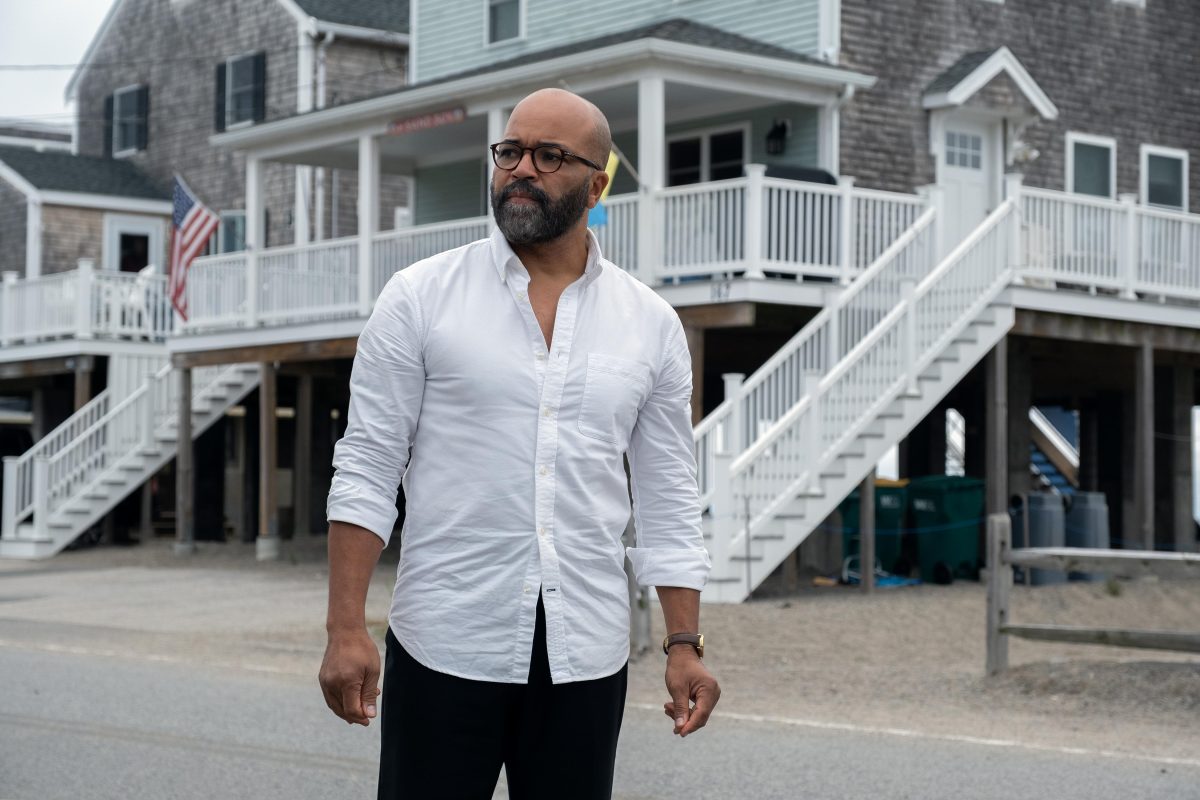

Ash • Jan 6, 2022 at 9:28 am
Thank you! I have been trying to get people to understand that telling children especially young girls that they need to dress a certain way creates a victim blaming mentality. I came across an innocent post of a little girl the other day wearing a denim skirt that went to her knees and a long sleeve shirt the comments were filthy. Grown WOMEN saying this little girl was going to be assaulted if she didn’t get dressed properly. Little girl was 2! I am so disgusted with this being normalized.